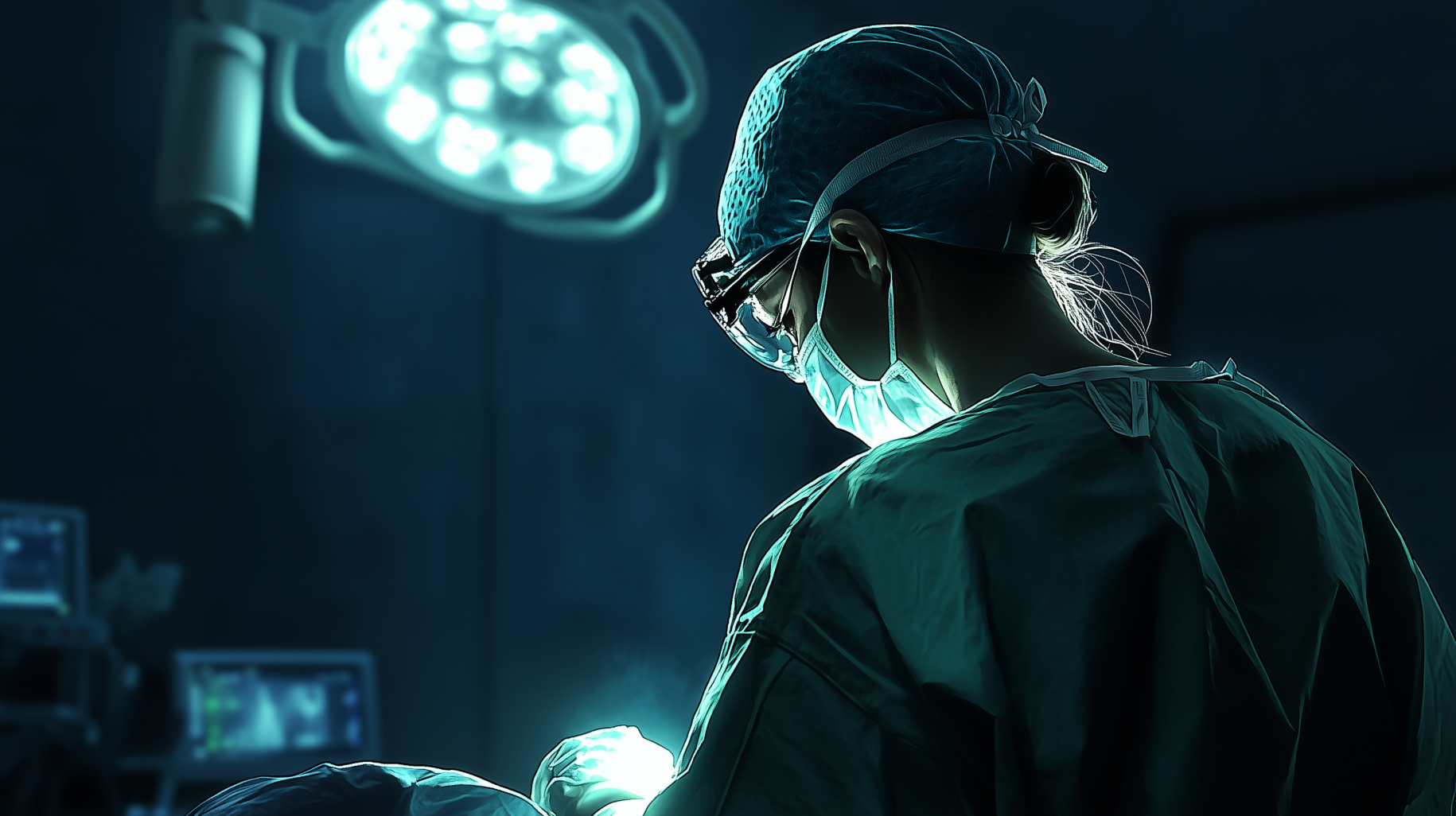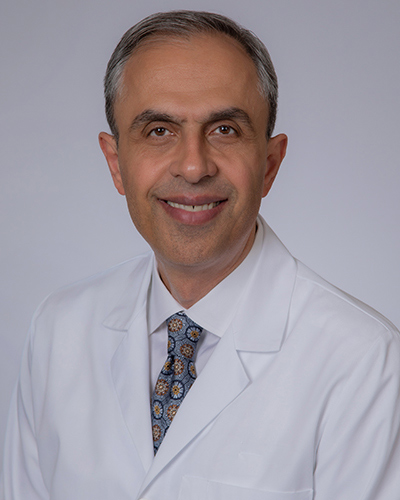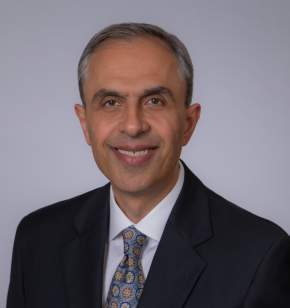Treatment of CSF Leaks


Cerebrospinal fluid (CSF) leaks are a condition where the fluid that cushions the brain and spinal cord escapes through a tear or hole in the dura mater, the tough outer layer. This fluid is essential for protects the brain and spinal cord, and its loss can lead to a range of symptoms, including severe headaches, nausea, and an increased risk of infections such as meningitis.
By understanding the treatment options, patients can work closely with healthcare providers to manage their condition effectively and maintain their quality of life. Whether through conservative management or advanced surgical techniques, addressing a CSF leak early can lead to relief from symptoms and a successful recovery.
Treatment Options for CSF Leaks
The treatment for a CSF leak is tailored to each patient and depends on several factors, including the severity of the leak, its location (cranial or spinal), and the underlying cause. Here are the main treatment strategies:
Conservative Treatments
For patients with mild symptoms or cases where the leak is expected to heal naturally, conservative treatments are often recommended as the approach. These simple, non-invasive methods focus on allowing the body to repair itself:
- Bed Rest: Lying flat as much as possible helps reduce pressure on the site of the leak, easing symptoms like headaches that typically worsen when upright.
- Hydration: Drinking plenty of fluids helps maintain normal CSF pressure levels, which can aid in sealing smaller leaks naturally over time.
- Caffeine: Caffeine can be beneficial in managing CSF leak headaches by constricting blood vessels and increasing CSF production. Patients might consume caffeine through coffee, caffeine tablets, or intravenous infusions under medical supervision.
Why should you have your surgery with Dr. Cohen?
Dr. Cohen
- 7,500+ specialized surgeries performed by your chosen surgeon
- More personalized care
- Extensive experience = higher success rate and quicker recovery times
Major Health Centers
- No control over choosing the surgeon caring for you
- One-size-fits-all care
- Less specialization
For more reasons, please click here.
Non-surgical Interventions
If conservative measures do not provide relief or if symptoms continue, nonsurgical interventions may be considered. These minimally invasive procedures are more direct without requiring surgery:
- Epidural Blood Patch: This is a common and effective procedure, especially for spinal CSF leaks. It involves injecting a small amount of the patient's own blood into the epidural space near the leak site. The blood forms a clot that seals the leak, often providing relief quickly with minimal risks.
- Fibrin Glue: When a blood patch is not effective or the location of the leak is not well-defined, a sealant made from blood proteins (fibrin glue) may be used to close the leak.
- Trans-venous Embolization: For specific types of spinal leaks called CSF-venous fistulas, this procedure involves gluing shut abnormal connections that allow CSF to leak into blood vessels. It is a specialized technique used when traditional surgical approaches are not feasible.
Surgical Treatments
Surgery may be required if conservative and nonsurgical methods do not resolve the leak or if it is severe. Surgical options depend on the location and cause of the leak:
- Endoscopic Repair: For cranial leaks, especially those near the nasal passages, endoscopic methods allow surgeons to repair tears without making large incisions. Small instruments and cameras are inserted through openings like the nostrils to repair the dura mater with minimal discomfort and faster recovery times.
- Duraplasty: For larger tears or when other treatments fail, surgical repair of the dura mater (duraplasty) may be necessary. This involves grafting tissue, either from another part of the patient’s body or synthetic materials, over the tear to seal it permanently.

Figure 1: An illustration depicting the placement of a special prosthesis in the base of the skull, during endoscopic endonasal repair of a cranial CSF Leak.
Risks and Considerations
While many CSF leaks can be treated successfully, there are potential risks and complications to be aware of:
- Infections: Openings in the dura mater provide a pathway for bacteria to enter the central nervous system, increasing the risk of serious infections like meningitis. Early diagnosis and treatment are essential to minimize this risk.
- Persistent Symptoms: Some patients may experience ongoing symptoms even after treatment efforts. In such cases, further evaluation may be necessary to identify any underlying issues that could be contributing to persistent leaks or symptoms.
- Recurrence: Even after successful treatment, there is a possibility that a CSF leak could return. Patients should remain alert for returning symptoms and seek medical advice if they suspect another leak.
Key Takeaways
- CSF leaks are a significant medical condition that requires careful diagnosis and appropriate treatment to prevent complications such as infections or chronic pain.
- While some cases resolve with simple measures like bed rest and hydration, others may require more invasive interventions such as blood patches or surgery.
- If you suspect you have a CSF leak due to persistent headaches or fluid drainage from your nose or ears, it's important to seek medical advice promptly.
- Early intervention can significantly improve outcomes and reduce the risk of long-term complications.











